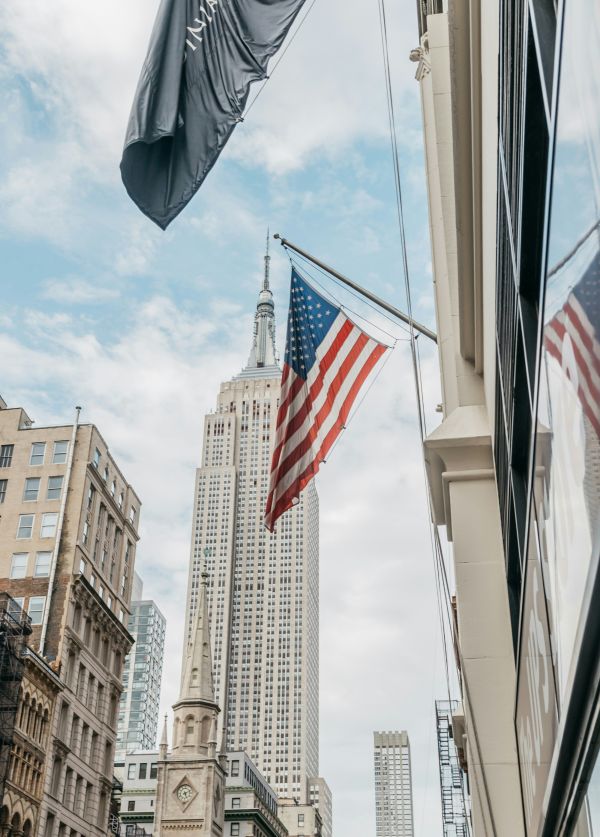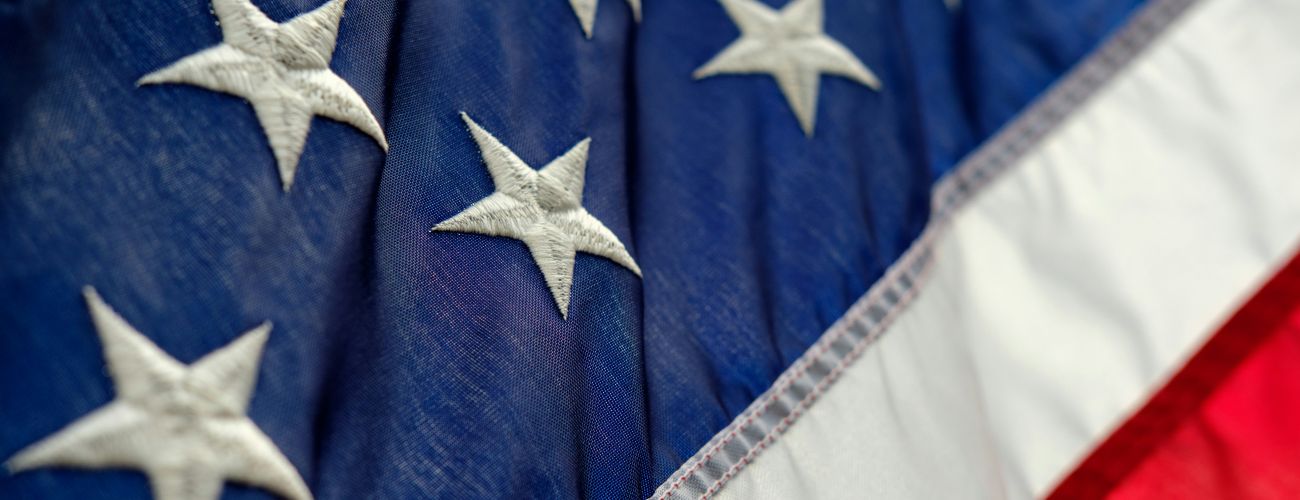What happened last week?
US
- The Federal Reserve (Fed) left interest rates unchanged, but worsened its forecasts for the economy, inflation, and jobs market.
- Nvidia announced plans to push hundreds of billions of dollars into US-based chips and electrical manufacturing.
- Investors reportedly valued X at $44 billion in a secondary market deal, bringing the social media platform back to Elon Musk’s takeover price for the first time.
Europe
- Germany approved a $1 trillion fiscal package focused on defence and infrastructure.
- The Bank of England (BoE) left interest rates where they were, despite the economy crying out for a helping hand.
Asia
- BYD revealed an EV battery system that can charge a car in five minutes, far faster than Tesla’s current offering.
- The Bank of Japan didn’t touch interest rates, but economists think they’ll likely be hiked later this year.
Why It Matters
Nvidia has pledged to spend hundreds of billions of dollars to make chips and other electronics in the US over the next four years. Not only does this decision demonstrate the impact of the US president’s “America First“trade policies, but it also reassures investors that there’s still plenty of money in the AI infrastructure sector. DeepSeek’s efficiency sparked concern that spending would slow down, but Nvidia maintains that clients are spending more on chips instead.
The Federal Reserve left interest rates unchanged on Thursday, with most central bankers sticking to their previous forecasts of two rate trims this year. Mind you, the Fed did downgrade its predictions for the US economy, inflation, and unemployment numbers compared to December’s expectations.
BYD’s new “super e-platform” can deliver 1,000 kilowatts of digital fuel in five minutes – enough to power a 249-mile joyride. The Chinese carmaker’s system is nearly four times faster than Tesla’s current iteration, making it the fastest charging setup on the planet.
BYD will start by rolling out 4,000 systems across China – but by addressing a common complaint of charging times, the firm should be able to keep nabbing market share from global rivals.
Investors valued social media platform X at $44 billion this week, marking the first return to Elon Musk’s purchase price since the takeover happened. That’s a sharp rebound from September’s $10 billion figure, likely spurred on by Musk’s unofficial position in government, the firm’s new 25% stake in xAI, and the return of key advertisers like Amazon.
The Bank of England kept interest rates on hold at 4.5% but hinted that a cut could come as soon as May. The UK’s central bank needs to tread carefully, after all, weighing up the prospect of an inflation reboot against the economy and job market’s cries for support.
The Focus This Week: The US Wants Everything Evened Out
The countdown is on for the US "reciprocal tariffs” policy. Slated to set in on April 2nd, these tariffs aim to reduce trade discrepancies between the US and its trading partners. The exact details haven’t been worked out yet, not least because the president also wants levies to reflect “non-tariff barriers” – like difficulties in accessing markets or restrictions on certain imports. But broadly, the US will shoot to even out trade deficits, plus a fee matching the trading partner’s Value Added Tax (VAT).
Not only are the final levies still to be decided, but the US has said it’s open to negotiation. Some trading partners, like India, have already suggested that they’ll strike an agreement with the States to avoid higher rates, and more will likely follow.
The effect on trade and, in turn, the US economy and global stock markets will depend on how broad these reciprocal tariffs are – namely, the number of countries and products impacted. But remember, uncertainty can be worse than knowing: investors want predictable earnings and cash flows in order to value stocks accurately – so until they have those figures, share prices will probably err on the erratic side.
The Federal Reserve said last week that tariffs’ impact on inflation may only be transitory, lasting for just one year and levelling out afterward. Many said the inflation that spawned from the pandemic would be transitory – then they were forced to raise interest rates from 0% to between 5.25% and 5.50%, the biggest rise in 40 years. As we know, those rates still haven’t concretely tamed runaway prices.
The president has hinted that tariffs could increase over time. The outlook for US stocks was already in doubt, so if you think this news will only cloud it further, you may want to consider diversifying your portfolio across sectors, geographies, and assets to reduce the impact of any fallout.


The Week Ahead
- Monday: Europe purchasing manufacturing index (April), UK purchasing manufacturing index (March), US purchasing manufacturing index (March).
- Tuesday: US consumer confidence (March), US new home sales (February), US manufacturing index (March).
- Wednesday: UK inflation (February), UK producer price index (February), US durable goods orders (February), China industrial profit (February).
- Thursday: US corporate profit (quarter four), Japan: Tokyo consumer price index (March). Earnings: Lululemon.
- Friday: UK retail sales (February), Europe economic sentiment (March).
This document is provided to you for your information and discussion purposes only. It is not a solicitation for business or an offer to buy or sell any security or other financial instrument. Any information including facts, opinions, or quotations, may be condensed or summarised and are expressed as of the date of writing. The information may change without notice and Trusted Novus Bank (“TNB”) is under no obligation to ensure that such updates are brought to your attention. Past performance is not a guide to future performance.
This document has been prepared by TNB from sources TNB believes to be reliable but TNB does not guarantee its accuracy or completeness and does not accept liability for any loss arising from its use. TNB reserves the right to remedy any errors that may be present in this document.
Trusted Novus is registered in Gibraltar under number 3207. Its registered address and principal place of business is: Trusted Novus Bank Limited, 76 Main Street, Gibraltar GX11 1AA. It is regulated by the Gibraltar Financial Services Commission (Permission Number 3207) to provide Banking and Investment Services. TNB is a member of the Gibraltar Deposit Guarantee Board (www.gdgb.gi) and the Gibraltar Investor Compensation Scheme (www.gics.gi).
